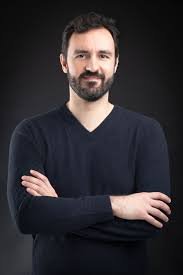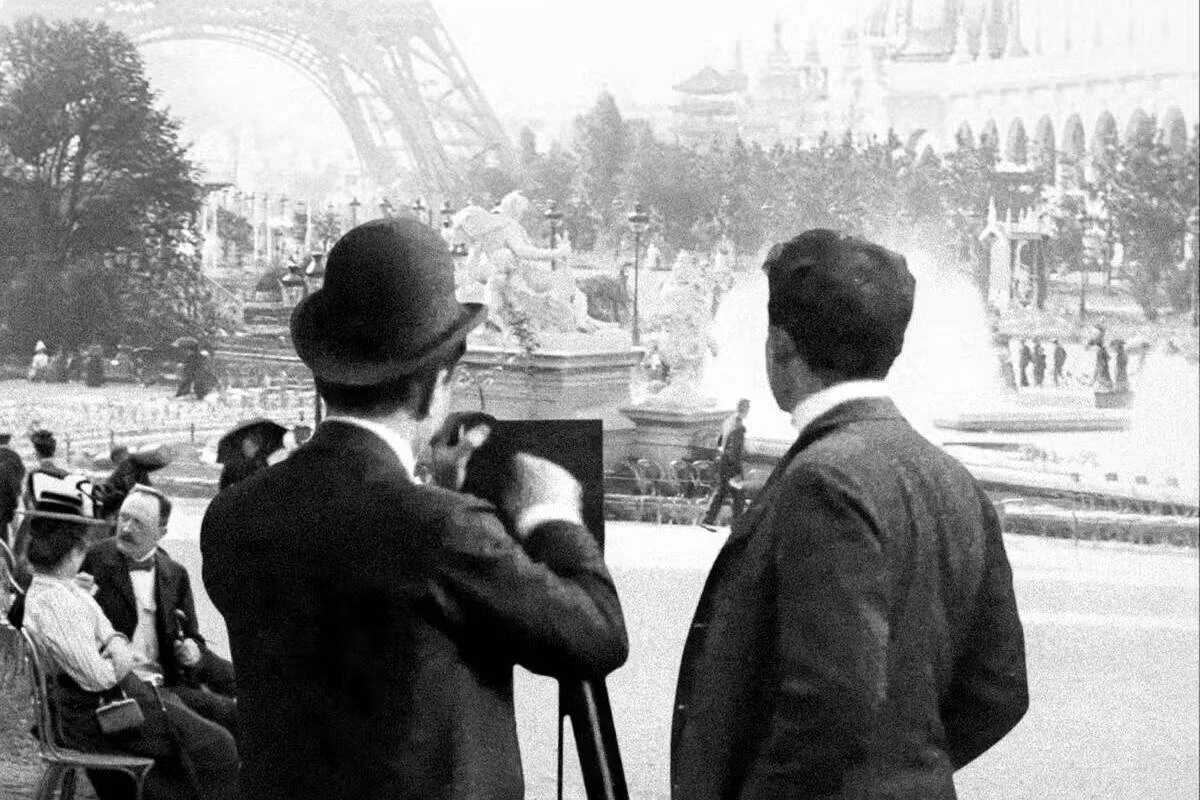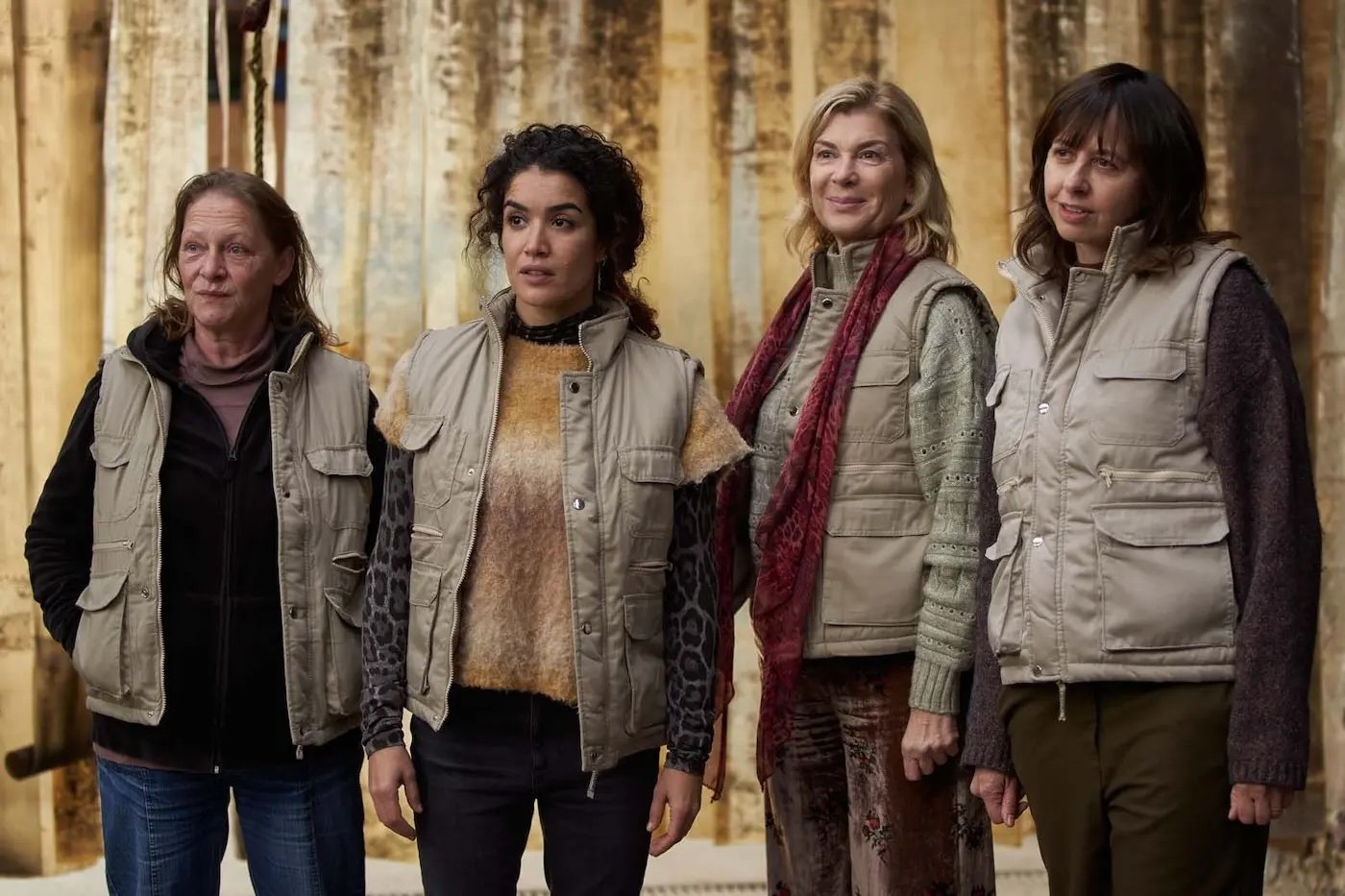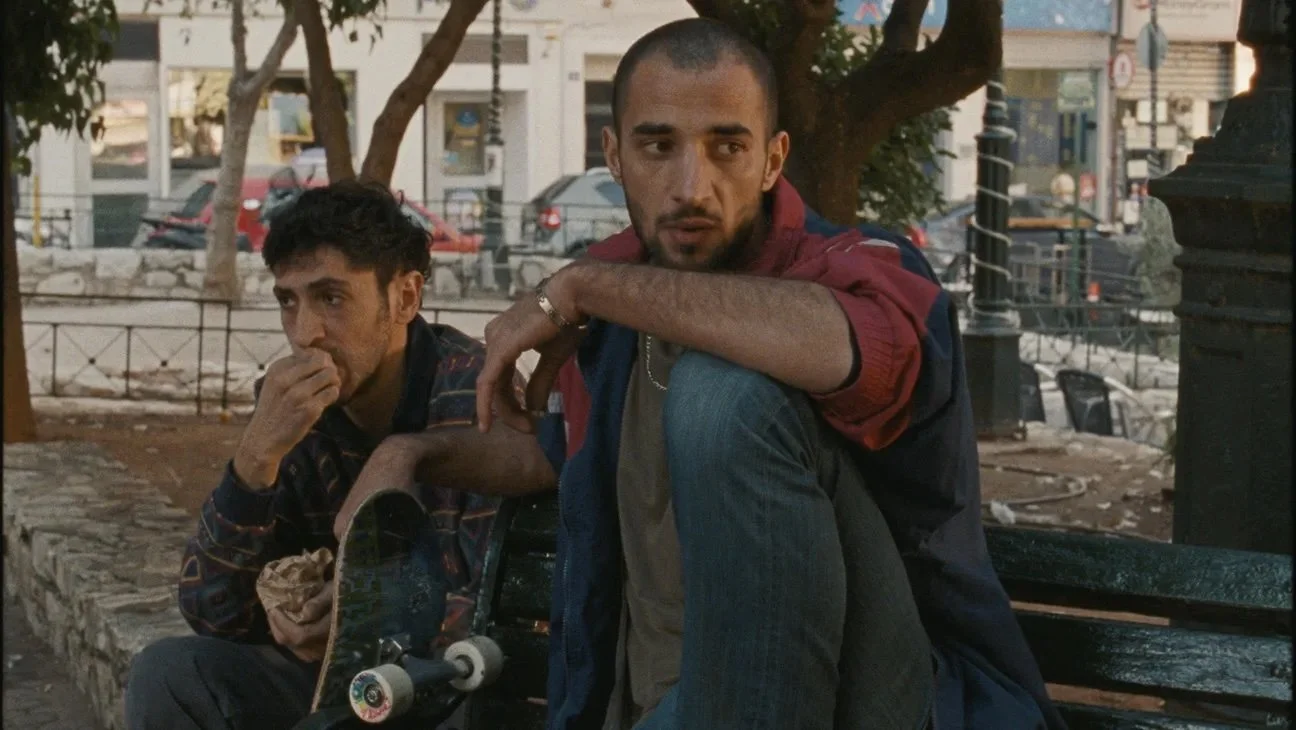With The White Fortress, Vancouver-based filmmaker Igor Drljača shows the effects of war on future generations
The director and UBC film instructor’s own experiences of Bosnian conflict make him fear for the crisis in Ukraine
By Janet Smith
Pavle Čemerkić and Sumeja Dardagan are teens from two different tiers of post-war Bosnian society in The White Fortress.
The Cinematheque screens The White Fortress March 25 to 28. Writer-director Igor Drljača introduces the film and takes part in a post-screening Q&A on March 25.
VANCOUVER-BASED, Bosnian-Canadian filmmaker Igor Drljača experienced his first panic attack in many years earlier this month, watching news footage of tanks rolling toward Kiev.
The image immediately took the UBC film instructor back to the trauma of the war in his home country, the former Yugoslavia. At nine, he escaped the conflict with his Bosnian mother and Serbian father, living as refugees in Europe before immigrating to Canada in 1993.
What most frightens him watching footage of the war in Ukraine is the thought of history repeating itself–of innocent victims suffering for generations from the fallout of war. A subject his engrossing and deeply moving new film The White Fortress is very much about.
“What I worry is happening in this current situation is the West is almost like a bunch of cheerleaders, cheerleading the war on instead of really, really working hard on a solution,” he reflects in a conversation over Zoom. “The people who are going to suffer are going to be the civilians, the people in Ukraine. And there’s going to have to be concessions on both sides to end the fighting, to end the sieges.
“There’s, like, this double messaging–this hinting that ‘We'll just send the weapons and you just keep fighting.’ And that's what happened in Bosnia,” he continues. “And they fought for three years and then in the end, the peace that was created was not worth the cost of that war. That’s what I fear is happening all over again. They need to de-escalate it as soon as possible.”
The White Fortress is about the dire situation that continues for Bosnia and Herzegovina’s youth, nearly three decades after Drljača left. The film, an arresting mix of dark fairy tale, thriller, social realism, and Romeo and Juliet, focuses on two teens from either end of the gaping social chasm in post-war Sarajevo. Faruk (magnetic newcomer Pavle Cemerikic) is an orphan who shares a dilapidated apartment with his ailing grandmother and forages for scrap metal for extra cash. Against his better conscience, he also dabbles in crime, serving as a driver for the young girls the ruthless local gang boss sends to the city’s gated mansions. When that boss sends Faruk to find new recruits, the boy meets Mona (Sumeja Dardagan). Deeply unhappy, she comes from an affluent family that’s planning to send her to Canada to live with relatives.
They fall into a kind of innocent love that surprises both of them. But in a city with so much danger and so little opportunity, they know their relationship is doomed.
There are painfully heartbreaking moments in The White Fortress, but Drljača ultimately wants the film to convey hope.
“The act of loving as an act of resistance: that's what I wanted people to take away from it,” he stresses, again likening the situation to what’s happening in Ukraine. “This resistance in not loving your land, but just loving your people, loving your neighbour, loving the relationships that you've formed.”
Igor Drljača
Drljača does find the gritty beauty in his former home city, which, outside of the pandemic, he returns to often. Though Faruk lives in an old Soviet-era apartment that’s seen better days (we find out his late mother used to be a concert pianist) he and Mona find brief escape, at dusk, at the centuries-old White Fortress, or Bijela Tabija, that overlooks Sarajevo. But it is the social order left in the wake of the war–the masses of poverty, and the new, corrupt rich–that Drljača is most interested in.
“It’s the idea of her being in this golden cage, and he is somebody whose family used to have some level of established success,” Drljača explains. “And so the strata has drifted farther and farther apart, with poverty breeding a certain isolation.
“In Bosnia, you have a country that cannot function,” he adds. “And the longer the war goes on in Ukraine, the more likely that is to happen as well.”
Drljača cites a huge brain drain from his home country that’s been exacerbated by the ethnically-driven political system left in the wake of the war. “The only people left are the ones who can’t afford to leave, or the ones tied to the state–a few percent who are living extremely well,” he says. “As Europe took their eyes off Bosnia, things just deteriorated on a political level. To the untrained eye, you see malls and skyscrapers going up, but you do a bit of digging and you realize how many spaces are empty.”
Around 2009, Drljača started making films in Bosnia and Herzegovina to address what was happening there. (His films include the critically lauded fiction feature The Waiting Room, and the 2018 documentary The Stone Speakers, about the rise in ideological tourism in Bosnia and Herzogovina).
“I was compelled in part, in a way, to deal with my own trauma,” he says candidly. “I felt like my childhood ended at nine and everything after, you think like an adult, because you’re always calculating how to survive. And so I started visiting Sarajevo to deal with the trauma I was facing but also to face the situation on the ground and what young people are facing.”
Film has brought the director full circle with Bosnia and Herzogovina: The White Fortress is that country’s submission for the upcoming 94th Academy Awards, bringing the most attention Drljača has had for any film.
That attention comes at a crucial time, given the war that rages uncomfortably close to Bosnia and Herzogovina’s borders, in another former Soviet Bloc country. But rather than dwell on the anxiety that conflict causes, Drljača stresses the need to love one another as an act of hope and resilience.
“Even if things don’t work out, there’s the act of loving and how that leaves a mark,” he emphasizes, and says of his film: “That this young man chooses this love over what is expected of him by the social contract: that is far more resonant than hopelessness.”














